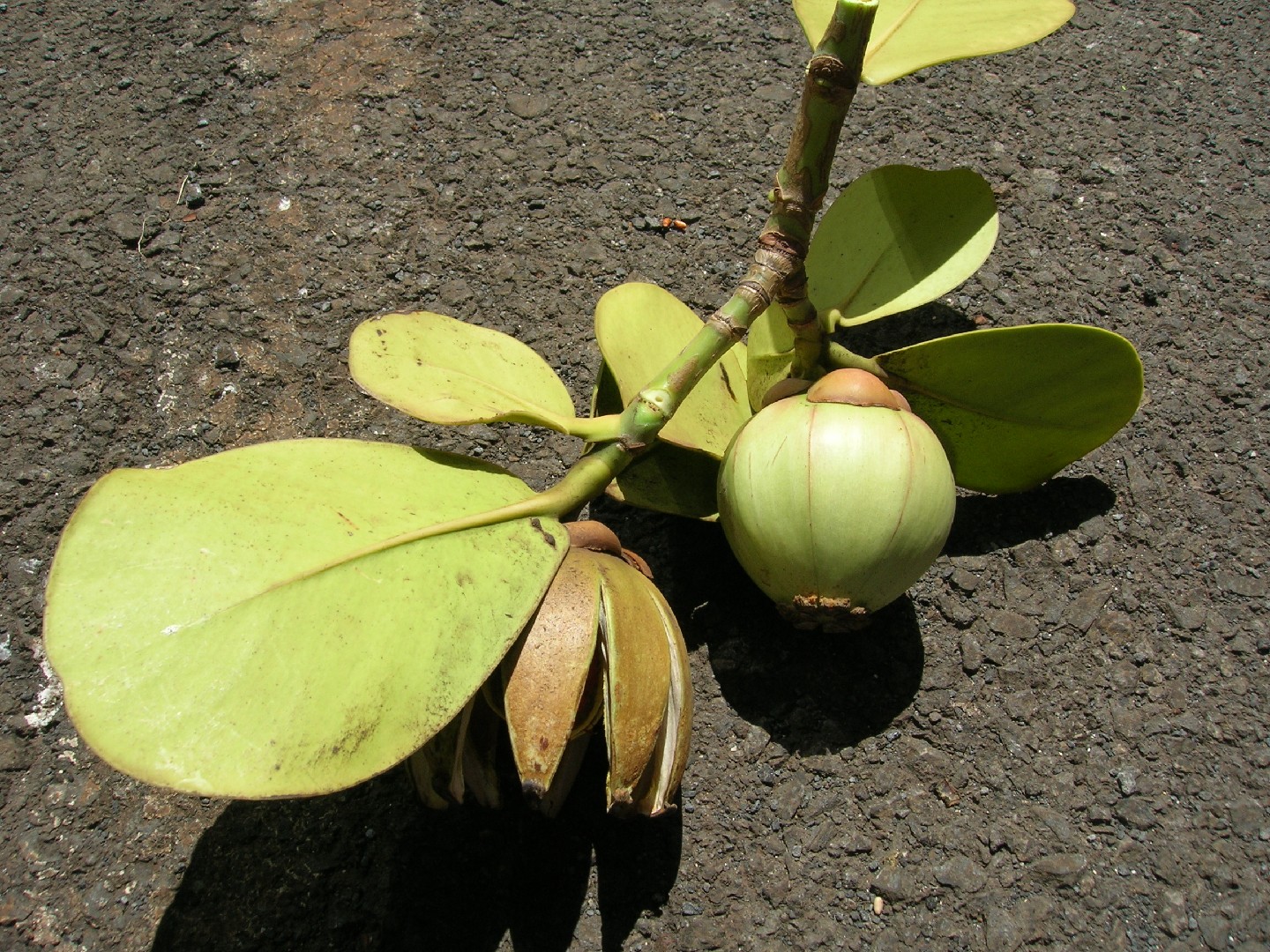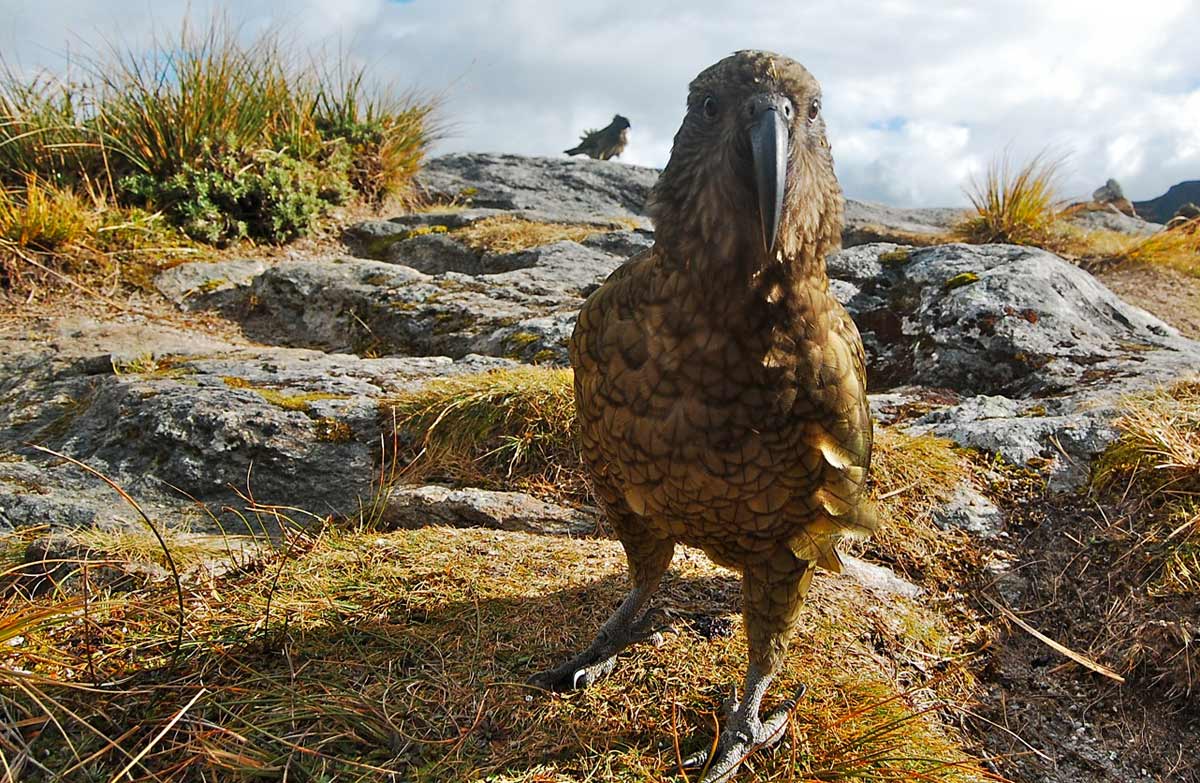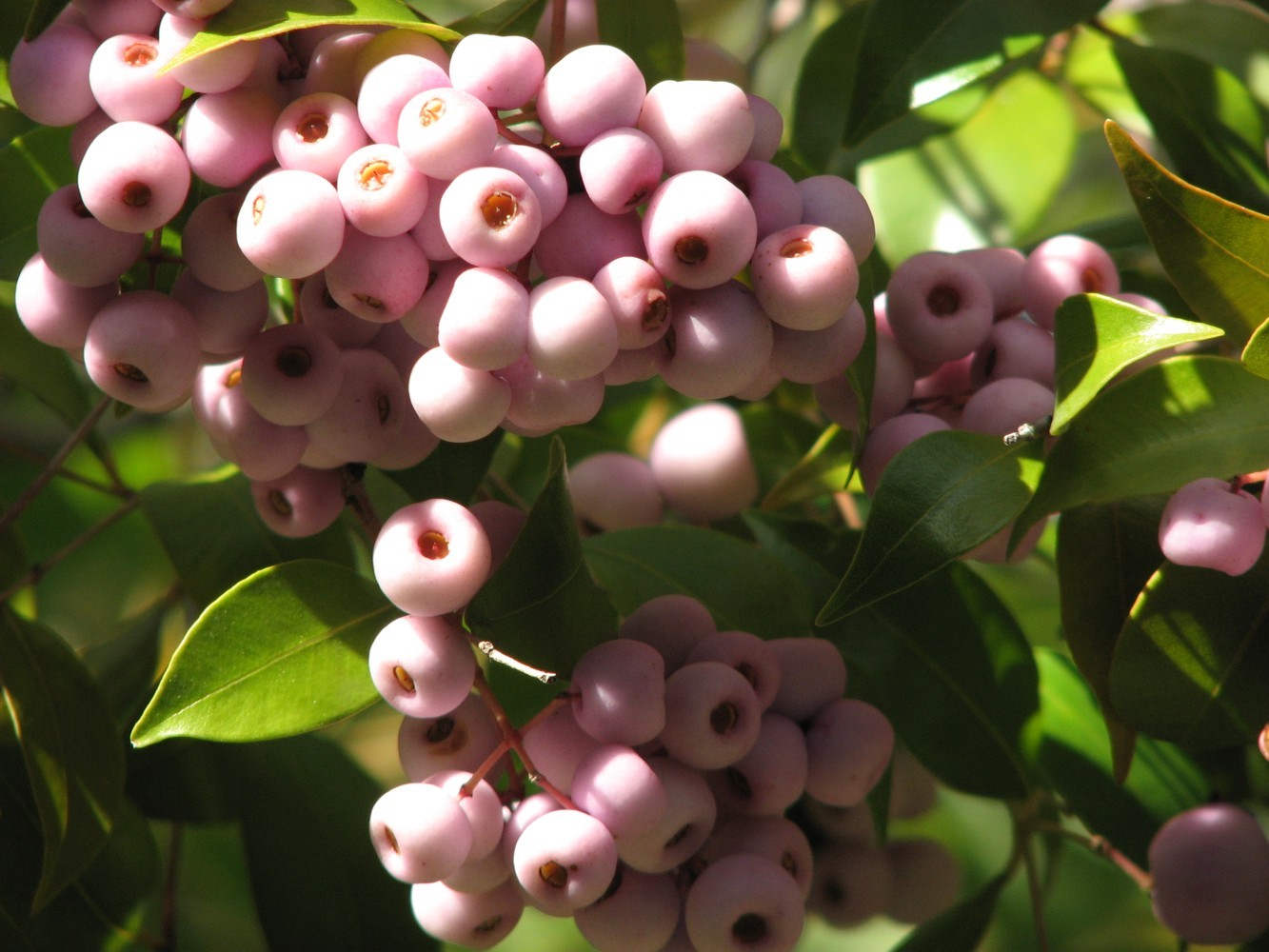Introduction

Avocado Toxicity in Birds: Understanding the Potential Dangers
Avocado, a beloved fruit for many humans, can have devastating effects on birds. In this blog post, we will shed light on the toxicity of avocados to birds and emphasize the importance of understanding the appropriate diet for these avian companions. By providing comprehensive information about avocado toxicity in birds, we aim to raise awareness among bird owners and enable them to make informed decisions regarding their pets’ well-being.
Avocado Toxicity

Avocado toxicity poses a significant threat to the health and well-being of birds. Understanding the potential harm of avocados and why they are toxic is crucial for bird owners to ensure the safety of their feathered companions.
Overview of the Potential Harm of Avocados to Birds
Numerous bird species, including parrots, budgies, cockatiels, and canaries, are susceptible to avocado toxicity. This toxicity can lead to severe health issues and, in some cases, even death.
Why Avocados are Toxic to Birds

The primary culprit behind avocado toxicity in birds is a substance called persin. Persin is found in varying concentrations within different parts of the avocado, such as the leaves, bark, and pit. When birds consume avocados or come into contact with these parts, persin can disrupt their gastrointestinal system and trigger various adverse effects.
Different Types of Birds Affected by Avocado Toxicity

Avocado toxicity poses a significant risk to a wide range of bird species. Parrots, such as macaws, African greys, and Amazon parrots, are particularly vulnerable to the toxic effects of avocados. Budgies and cockatiels, popular pet birds, can also suffer from avocado toxicity. Even canaries and finches, known for their delicate nature, are not immune to the toxic effects of avocados.
Signs of Avocado Poisoning

Avocado poisoning can have serious consequences for birds, and it’s important to be able to recognize the signs and symptoms of toxicity. By being aware of these indicators, bird owners can promptly seek veterinary care and take appropriate measures to mitigate the effects of avocado poisoning.
Symptoms of Avocado Toxicity
Avocado toxicity in birds can manifest through various symptoms, which may vary in severity depending on the amount of avocado consumed and the bird’s size and overall health. Some common symptoms include:
- Weakness and Lethargy
- Difficulty Breathing
- Abdominal Distress
- Digestive Issues
- Cardiac Abnormalities
- Feather Abnormalities
How to Spot Poisoning in Birds

Being able to identify potential poisoning in birds is essential for timely intervention. Here are some ways to spot avocado poisoning in birds:
- Observing Behavior Changes
- Examining Physical Appearance
- Monitoring Vocalization
If any of these symptoms or signs are observed in a bird suspected of avocado poisoning, it is crucial to seek veterinary assistance immediately.
How Much Avocado Will Kill a Bird?


In this section, we will estimate the amount of avocado needed to cause fatality in birds and discuss factors that can affect this threshold.
How Much Avocado Will Kill a Bird?
Avocado toxicity in birds is a serious concern that demands our attention. While there is no universally lethal quantity of avocado for all birds, it’s crucial to understand that the toxicity is dose-dependent. In other words, the more avocado consumed, the greater the potential harm or even fatality.
The exact lethal dose of avocado varies based on factors such as the bird’s species, size, age, overall health, and individual tolerance to the toxin. Some birds may have a higher resistance to persin, the toxic substance in avocados, while others can be highly sensitive even to minimal amounts.
To be safe, experts recommend completely avoiding feeding avocados to birds. Even small amounts can be harmful, especially for smaller bird species. Avocado consumption can lead to respiratory distress, heart problems, organ failure, and, in severe cases, death. Look out for symptoms such as difficulty breathing, weakness, lethargy, loss of appetite, and discolored droppings.
It’s important to note that pet birds are at a higher risk due to their limited diet options and potential for consuming larger quantities of avocado if provided. The relative size of avocado portions in relation to the bird’s body weight can significantly impact the degree of toxicity.
If a bird accidentally ingests avocado or shows signs of avocado toxicity, immediate veterinary attention should be sought. Professionals can assess the bird‘s condition and provide appropriate treatment.
In summary, the lethal quantity of avocado for birds cannot be precisely determined due to varying factors. The best course of action is to avoid feeding avocados to birds altogether, as even small amounts can pose a significant risk to their health. Understanding the potential harm of avocados and taking preventive measures are vital for ensuring the well-being of our feathered companions.
Prevention Tips

Avocado toxicity in birds can have severe consequences, making prevention crucial for their well-being. Here are some essential tips to protect your feathered friends from avocado poisoning:
Avoid feeding avocados

Under no circumstances should avocados be included in a bird’s diet. Even small amounts can pose a significant risk to their health. Educate yourself and fellow bird owners about the potential dangers of avocado consumption and the importance of completely excluding it from their diet.
Be cautious with food preparation
When preparing meals, be mindful of any avocado-containing dishes. Avoid using avocado or utensils that have come into contact with avocado when preparing bird-friendly meals. Cross-contamination can occur easily, so maintain a separate food preparation area free from avocado-related items.
Secure waste disposal

Dispose of avocado peels, pits, and remnants in a manner that prevents birds from accessing them. Birds can be curious and might scavenge discarded avocado parts, leading to potential toxicity. Ensure that all avocado waste is securely sealed in a container or disposed of in a manner that eliminates the risk of exposure.
Educate others
Spread awareness about the dangers of avocado toxicity in birds. Share this important information with fellow bird owners, friends, and family members who might not be aware of the risks. By educating others, you can help prevent accidental avocado consumption and contribute to the overall well-being of avian companions.
Provide alternative safe foods
To ensure your bird’s nutritional needs are met, offer a variety of safe and healthy foods that are free from avocado. Consult with an avian veterinarian or avian nutrition expert to determine an appropriate diet for your specific bird species. By providing a balanced and diverse diet, you can help keep your feathered friend happy and healthy.
Regular veterinary check-ups
Schedule regular check-ups with an avian veterinarian to monitor your bird’s overall health. This allows for early detection of any potential health issues, including avocado toxicity. A qualified avian veterinarian can provide guidance tailored to your bird’s specific needs and ensure they receive the best possible care.
By following these preventive measures, you can significantly reduce the risk of avocado toxicity in your feathered companions and help promote their well-being and longevity.
Conclusion

Avocado toxicity poses a serious threat to birds due to the presence of persin, a toxic compound found in various parts of the avocado plant. Different bird species exhibit varying levels of sensitivity to avocado toxicity. To protect your avian friends, it is crucial to prevent their exposure to avocados and take proactive measures to ensure their safety. By avoiding feeding avocados, being cautious with food preparation, securing waste disposal, educating others, providing alternative safe foods, and scheduling regular veterinary check-ups, you can effectively prevent avocado toxicity in birds. Remember, prevention is key when it comes to safeguarding the health and well-being of your beloved avian companions.
In this article, we have explored the potential harm of avocados to birds and the importance of prevention. Avocado toxicity can lead to various health complications in birds, but by recognizing the signs and prioritizing prevention, we can protect them from harm. By avoiding avocados and opting for safe dietary options, bird owners can create a healthy and secure environment for their avian friends. Let’s prioritize the well-being of our feathered companions by ensuring they are not exposed to the potential risks associated with avocados.
Frequently Asked Questions
Frequently Asked Questions
1. How much avocado can be fatal to a bird?
The exact lethal quantity of avocado for birds varies based on factors such as the bird’s species, size, age, overall health, and individual tolerance to the toxin. While there is no universally lethal quantity of avocado for all birds, it’s important to understand that avocado toxicity is dose-dependent. Even small amounts of avocado can be harmful, especially for smaller bird species.
2. Can a small piece of avocado harm a bird?

Yes, even a small piece of avocado can be harmful to a bird. Avocado contains a toxic substance called persin, which can disrupt a bird’s gastrointestinal system and lead to severe health issues, including respiratory distress, heart problems, organ failure, and even death. It’s best to completely avoid feeding avocados to birds to ensure their safety.
3. Are all bird species equally affected by avocado toxicity?
No, different bird species have varying levels of sensitivity to avocado toxicity. Parrots, such as macaws, African greys, and Amazon parrots, are particularly vulnerable to the toxic effects of avocados. Budgies, cockatiels, canaries, and finches can also suffer from avocado toxicity. However, it’s important to note that avocados can be harmful to birds across various species, and caution should be exercised regardless of the specific species.
4. What are the symptoms of avocado poisoning in birds?
Avocado toxicity in birds can manifest through various symptoms, which may vary in severity depending on the amount of avocado consumed and the bird’s size and overall health. Common symptoms include weakness and lethargy, difficulty breathing, abdominal distress, digestive issues, cardiac abnormalities, and feather abnormalities. If you suspect avocado poisoning, immediate veterinary attention should be sought.
5. What should I do if my bird accidentally ingests avocado?

If your bird accidentally ingests avocado or shows signs of avocado toxicity, it

Leave a Reply